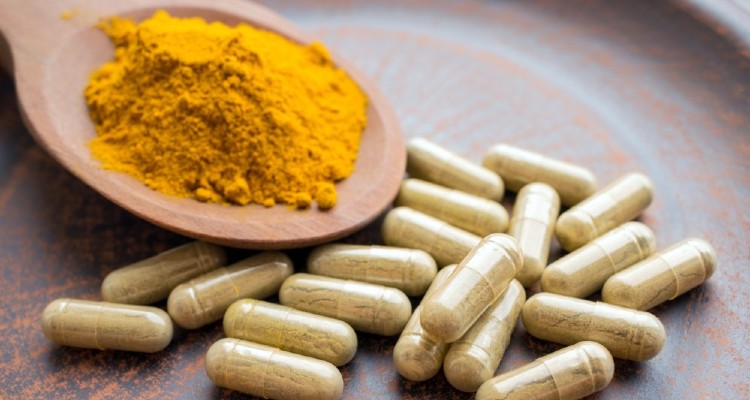
Butterbur is a plant that has a longstanding history with herbalists, and yet many people do not understand exactly what it is and what it does.
This herb has up to 30 active ingredients that interact with systems in the body, helping us breathe easier and increase our overall wellbeing.*
One of the most common uses of Butterbur is reducing head discomfort, a challenge experienced by everyone at one time or another.* Nothing is worse than dealing with a throbbing sensation that creeps from one side of your head to the other, and it's often an even bigger issue for children. Pate distress can make it challenging to focus in the classroom, or participate in sports and other activities.
Many physicians are now looking to substances like Butterbur to improve blood flow in the head and support cranial relaxation.* But before we explore the benefits, it's useful to explain a little more about the plant itself.
What is Butterbur?
Butterbur is a member of the Daisy (sunflower) family. Also known as Coltsfoot, it grows in marshy areas and has been used as a medicinal herb for years in Europe, Asia, and North America. Historically, its primary use was for upper respiratory issues and cranial discomfort, though people have used it for improved health and wellness since the Middle Ages.*
Common Butterbur Uses Include:
- Discomfort*
- Upset stomach*
- Anxiousness*
- Trouble sleeping*
- Urinary issues*
- Upper respiratory challenges*
These issues are often traced back to disturbances caused by our lifestyles. It's easy to forget how much our everyday lives have an impact on how our body functions.

Butterbur, Busy Lives, and the Impact on Our Health
Occasional bouts of stress, anxiety, and insomnia can negatively impact our cognitive health, and when these issues increase in frequency, they can lead to more significant challenges.
Children experience this as well, and these issues are often inter-related. People often can't sleep because of psychophysiological insomnia, which is the inability to turn off your brain and wait for the sympathetic response that regulates adrenaline cortisol secretion. An overactive mind makes it harder to get a good night's sleep, putting more strain on our ability to manage stress.
A poor diet can also impact how we feel. If you are not a morning person and you have responsibilities early in the day, you might be tempted to skip breakfast or grab an energy bar as you run out the door. Your blood sugar is already at a low point, and when that sugary breakfast bar hits your stomach, it causes a massive insulin response that pushes your blood sugar down even more.
Dehydration is another common problem for people, especially those with crowded schedules. When you aren't taking time to drink enough water, the brain can shrink and separate from the skull, causing discomfort.
A combination of factors related to stress, anxiousness, trouble sleeping, and poor diet contribute to problems with relaxation and the body's inflammatory response. Over the years, Butterbur has emerged as a great tool for supporting these cognitive and immune pathways.*
How Does Butterbur Help?
When we talk about the benefits of Butterbur, we are really discussing improved blood circulation, vascular integrity, and blood vessel relaxation in the head.* It also encourages a healthy inflammatory response to harmless substances like pollen or foods, which may help with seasonal respiratory challenges.*
The mechanisms of these responses aren't a hundred percent clear to researchers, but clinical trials confirm its effectiveness.* Butterbur's circulatory benefits have helped decrease head discomfort and improve relaxation in patients.* The body tolerates it very well, but you should never use it in its raw form, like in teas or tonics. Raw Butterbur contains pyrrolizidine alkaloids (PAs), a chemical that is toxic to the liver. So, it is critical to make sure you use a PA-free format.
You also may find it helpful to look at the format the herbal extract comes in. Some people have difficulty swallowing pills and find a liquid form to be an easier delivery system.
Cranial discomfort is hard to avoid entirely. We lead busy lives, and managing stress, eating healthy, and getting quality sleep is not always easy. Improved circulation and a more robust inflammatory response can help keep us balanced when life’s challenges get in the way. Butterbur has been used for these purposes since the Middle Ages, but some might argue it's never been more useful than today.*

*These statements have not been evaluated by the Food and Drug Administration. This product is not intended to diagnose, treat, cure, or prevent any disease.











.jpg)





